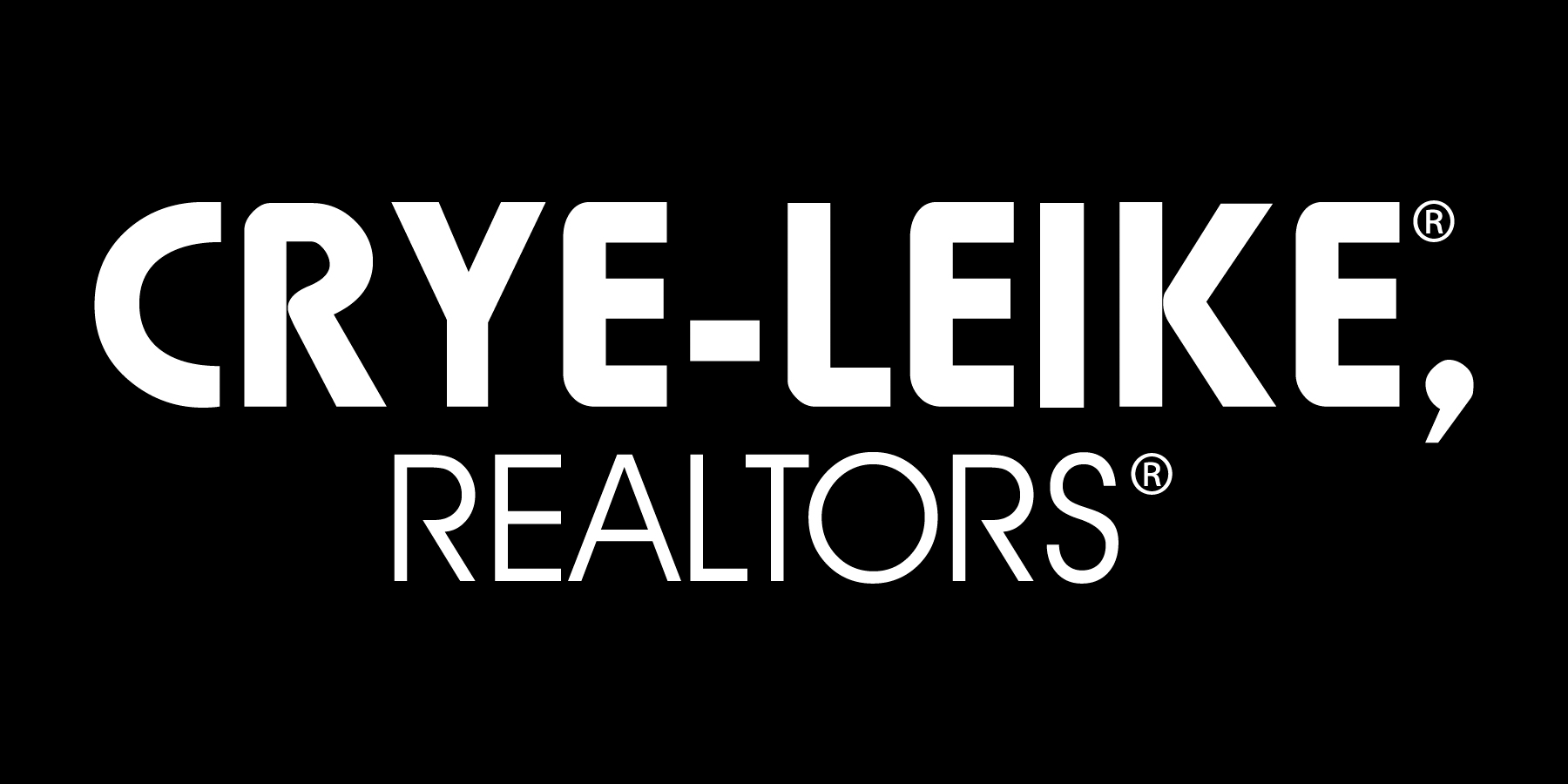
Spencer Auction Team
Eric 423.667.1711
Drew 423.718.0517
The Only Team For All Your Selling Needs!

Frequently Asked Questions
Look below to questions that have been submited to us through the years. If you have any additional questions please feel free to call us anytime!
01
02
03
04
05
05
06
07
08
What is a Real Estate Auction?
A Real Estate Auction is an engaging and efficient way to buy or sell property, where an auctioneer facilitates a streamlined transaction, speeding up the process with excitement and transparency.
What Are the Benefits of a Real Estate Auction?
A Real Estate Auction is a dynamic win-win opportunity that benefits everyone involved. For sellers, it’s a fast and effective way to offload properties, cutting down on prolonged expenses like interest, taxes, and upkeep. For buyers, it’s a chance to snag a smart investment, as properties are typically secured at true market value through spirited, competitive bidding. The beauty of the auction lies in its transparency—conducted in an open setting, it allows both eager buyers and motivated sellers to witness the property’s fair market value unfold in real time as bids climb. Ultimately, it’s a process that ensures fairness and satisfaction for all parties, with the property’s true worth shining through.
What are the Advantages to the Buyer in an Auction Situation?
Auctions offer buyers a confident and rewarding experience with clear advantages. First, buyers can trust that the seller is fully committed—absolute auctions legally bind the seller to transfer the property to the highest bidder, while in reserve auctions, the seller must honor the top bid if it meets or exceeds the set threshold. This assurance means buyers secure the property at a true market value, validated by the competitive bidding process. There’s comfort in knowing others were ready to pay a similar price, reinforcing the purchase as a smart move. Plus, auctions conveniently showcase multiple properties in one setting, allowing buyers to compare options and assess market trends swiftly and effortlessly—all in real time.
What is an Absolute Auction?
An absolute auction, also known as a no-reserve auction, is a thrilling event where the property goes to the highest qualified bidder without any restrictions or minimum price—pure, unfiltered competition at its finest. The seller is fully committed, unable to bid personally or through a proxy, ensuring a level playing field. These auctions often spark intense interest, drawing a larger crowd of eager bidders, which frequently drives the final sale price higher. For buyers, this surge of competition not only signals a property’s desirability but also amps up the excitement, making it a prime opportunity to snag a coveted asset in a transparent, high-energy showdown.
What is a Reserve Auction?
A reserve auction offers a flexible twist on the traditional auction experience, giving the seller the power to set a confidential minimum price—known as the reserve—and the freedom to accept or reject any bid, or even pull the property off the table, right up until the auctioneer declares the sale complete. It’s a strategic setup that balances control for the seller with opportunity for buyers, keeping the process dynamic and suspenseful until the final call.
What Terms Govern a Property Sold at Auction and Who Decides Them?
The seller, guided by the expertise of the auction company, defines the terms, crafting a clear and customized framework for the sale. Key elements of the auction contract include: The winning bidder commits to a legally binding purchase agreement, typically placing an earnest money deposit—either a percentage of the final bid or a predetermined amount—right after the gavel falls. The remaining balance is due at closing, usually within 30 days, keeping the timeline brisk and efficient. Properties are offered "As Is," with no warranties provided, sharpening the focus on the bidding itself. To ensure a smooth process, due diligence is handled beforehand, with comprehensive info packets and inspection reports prepared in advance—leaving price as the only variable for buyers to contend with in the heat of the auction.
What Happens To The Earnest Money if a Buyer Backs Out After Winning at Auction?
The handling of earnest money in an auction mirrors many aspects of a traditional real estate deal, with a few key twists. If the highest bidder fails to follow through on the purchase—for any reason—the earnest money deposit is typically forfeited, serving as a safeguard for the seller. In a standard transaction, this deposit is held and applied toward the total purchase price at closing. In the auction world, it’s a firm commitment: back out, and you lose it, underscoring the high stakes and serious intent required when the hammer falls.
What is a Buyer's Premium?
A buyer’s premium is an extra fee added to the winning bid, paid by the property’s purchaser, enhancing the overall cost with a little auction flair. It’s typically presented as a percentage of the highest bid—often around 10% in real estate auctions. To know precisely what you’re in for, dive into the terms and conditions of the specific auction, where the buyer’s premium is clearly spelled out, ensuring no surprises when it’s time to settle up.